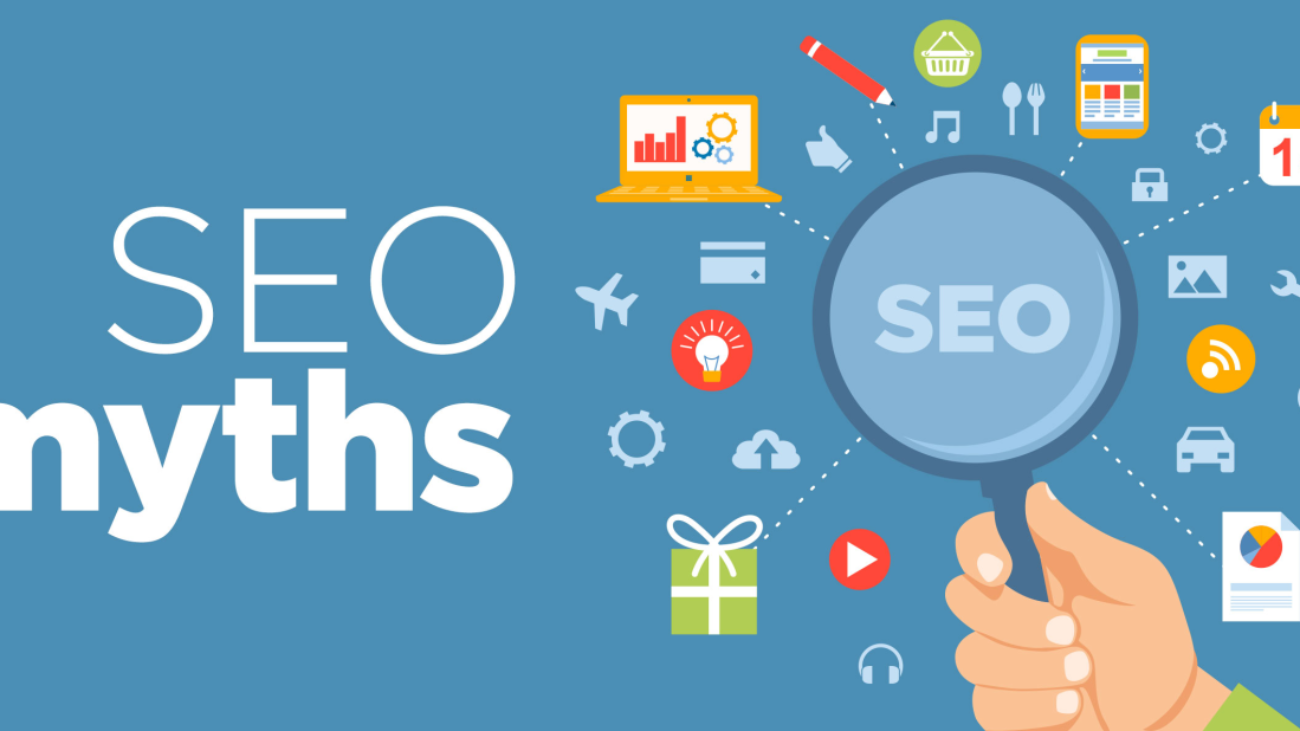In the fast-evolving realm of search engine optimization (SEO), staying informed and debunking myths is crucial for small business success. Here’s an in-depth look at the most common SEO misconceptions in 2024, ensuring you have all the knowledge at your disposal to navigate these waters effectively.
1. SEO as a Standalone Strategy
Many small business owners mistakenly believe that SEO alone can be the main driver of traffic to their websites. However, SEO is most effective when integrated with an overall marketing strategy. This includes brand building, user experience (UX) design, conversion rate optimization (CRO), and content distribution. These elements work synergistically, enhancing the reach and effectiveness of your SEO efforts.
2. Google Ads and Organic Rankings
A widespread misconception is that paying for Google Ads can directly improve your organic search rankings. This is not the case. Google Ads and organic search results are completely independent of each other. Investing in SEO education and applying sound SEO principles based on how search engines actually rank websites—through relevance, quality, and user satisfaction—is key to dispelling this myth.
3. Overreliance on AI for SEO
As AI technologies advance, there’s a growing belief that SEO can be fully automated. While AI can aid in repetitive tasks like keyword research and data analysis, it cannot replace the strategic insight required in SEO. Moreover, Google’s algorithms continue to value originality and human insight, which AI cannot fully replicate.
4. The Myth of Duplicate Content Penalties
The fear of penalties for duplicate content is often overstated. While unique content is ideal, search engines are sophisticated enough to understand when duplication happens for valid reasons, such as product descriptions in e-commerce. It’s important to focus on creating value and relevance in your content rather than worrying excessively about duplication.
5. The Focus on Quality Over Quantity
Contrary to the belief that more content equals better SEO, the focus should be on the quality of the content. In an era where content creation is accelerated by AI, Google prioritizes content that offers genuine value to the user. Small businesses should aim to produce well-researched, high-quality content that addresses the needs of their audience.
6. The Importance of E-E-A-T
Despite some claims that E-E-A-T (Expertise, Experience, Authoritativeness, and Trustworthiness) is no longer relevant, these elements remain crucial in SEO. Demonstrating expertise through well-crafted content and credible authors can significantly boost a site’s trustworthiness and rankings.
7. The Misunderstood Role of SEO Plugins
There’s a misconception that SEO plugins can automatically optimize a website. While plugins can help set up SEO basics like meta tags and content analysis, they are tools that assist rather than replace the need for an SEO strategy. Understanding the functionality and limitations of these tools is essential.
8. Continuous SEO Improvement
SEO is not a set-it-and-forget-it endeavor. It requires ongoing effort and adaptation to changing algorithms and market conditions. Regularly updating content, seeking quality backlinks, and monitoring website analytics are necessary to maintain and improve search rankings.
9. Preparing for Search Generative Experience (SGE)
With new developments like Google’s SGE and Microsoft’s Co-pilot, the search landscape is rapidly changing, potentially decreasing organic traffic as search behaviors evolve. Businesses should prepare by building a strong brand presence and diversifying their marketing channels to remain visible in this new environment.
10. Long-Term Investment in SEO
SEO should be viewed as a long-term investment rather than a quick fix for immediate traffic boosts. Sustainable SEO practices build a foundation that can yield substantial benefits over time, far outweighing the initial effort and investment.
By addressing these misconceptions, small business owners can craft a more effective and sustainable SEO strategy that drives genuine, lasting results.
